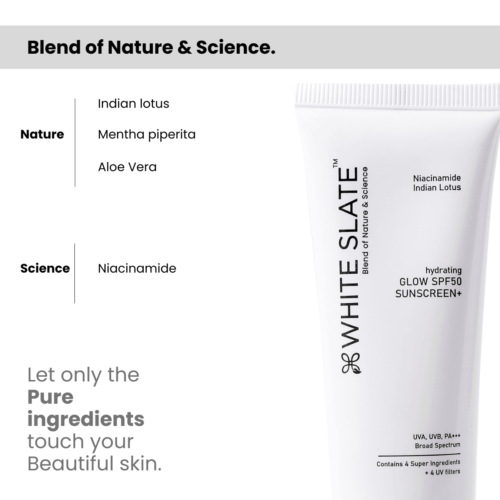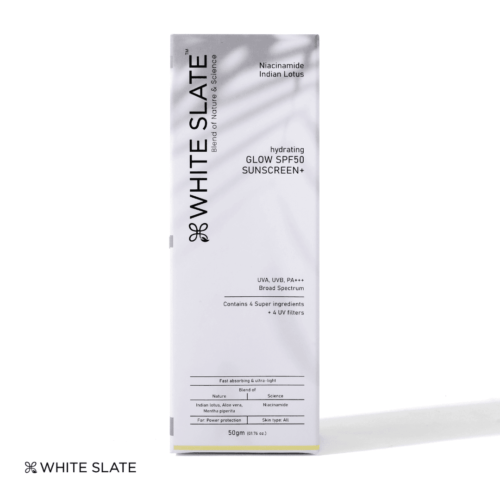Deep knowledge about Sunscreen
Deep knowledge about Sunscreen
Understanding the terminology related to sunscreen is essential for making informed choices about sun protection.
Sunscreen
Sunscreen is a topical product designed to protect the skin from the harmful effects of ultraviolet (UV) radiation from the sun. It forms a barrier on the skin’s surface to absorb, scatter, or reflect UV rays, reducing the risk of sunburn, skin damage.


UVA and UVB
These are two types of UV radiation from the sun. UVB rays are responsible for causing sunburn and play a role in skin cancer development. UVA rays, on the other hand, are associated with skin aging, wrinkles, and long-term skin damage. An ideal sunscreen protects against both UVA and UVB rays.
SPF (Sun Protection Factor)
SPF is a numerical rating that indicates the level of protection a sunscreen provides against UVB radiation, which primarily causes sunburn. The SPF number represents the amount of time it takes for UVB rays to cause redness or sunburn on sunscreen-protected skin compared to unprotected skin. For example, SPF 50 means it would take 50 times longer to burn with sunscreen than without it.


Broad Spectrum
Broad-spectrum sunscreen offers protection against both UVB and UVA radiation. UVB rays cause sunburn, while UVA rays contribute to premature aging and can penetrate deeper into the skin. Broad-spectrum sunscreen helps protect against a wider range of UV rays.
Sunscreen Application
To achieve proper protection, apply sunscreen generously to all exposed skin areas at least 15 minutes before sun exposure. Be thorough, and don’t forget areas like the ears, neck, and the back of the hands.

For any query, feel free to contact at safeskincare@whiteslate.in





